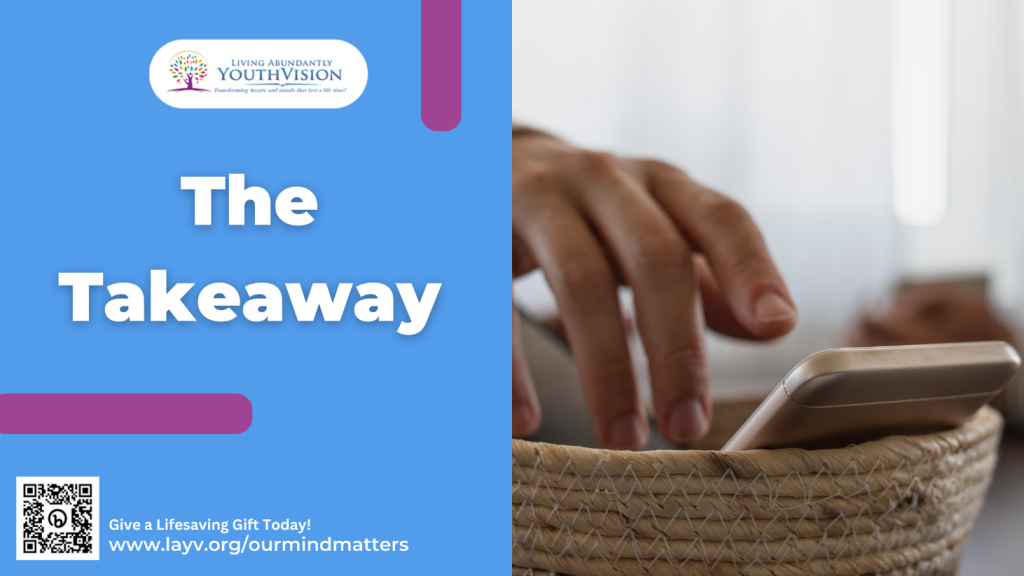In today’s hyper-connected world, we’re constantly bombarded by notifications, emails, and the allure of social media. While technology offers undeniable benefits, it can also take a toll on our mental well-being. Enter the concept of a digital detox, a deliberate break from digital devices to reconnect with ourselves and the world around us.
The Need for Digital Detox in Today’s World
Constant connectivity can lead to:
- Increased Stress and Anxiety: The pressure to stay “on” and the fear of missing out (FOMO) can be significant stress triggers.
- Attention Deficit: Rapidly switching between tasks and information overload can diminish our ability to focus.
- Disrupted Sleep: The blue light emitted from screens and the stimulating nature of social media can negatively impact sleep quality.
- Strained Relationships: Excessive screen time can take away from face-to-face interactions, hindering communication and connection with loved ones.
How to Successfully Disconnect to Reconnect
A digital detox doesn’t have to be an all-or-nothing proposition. Here are some steps to consider:
- Schedule Tech-Free Time: Dedicate specific times of the day or entire days to disconnect from devices.
- Create Device-Free Zones: Designate areas in your home, like the bedroom or dinner table, as tech-free zones.
- Turn Off Notifications: Reduce the constant pinging and buzzing by silencing notifications or turning your phone on silent mode.
- Find Alternative Activities: Rediscover the joy of reading a book, spending time in nature, or engaging in hobbies you may have neglected.
- Embrace the Outdoors: Sunlight and physical activity are proven mood-boosters. Swap screen time for a walk in the park or a hike in nature.
Here’s a guide to digital detox from Digital Detox.org: https://www.digitaldetox.org/

Benefits of Reduced Screen Time: Case Studies
Studies by Psychology Today (https://www.psychologytoday.com/us/blog/the-human-beast/202308/harm-done-by-social-media) have shown that reducing screen time can lead to:
- Improved Attention and Productivity: A clearer mind leads to better focus and task completion.
- Enhanced Sleep Quality: Disconnecting before bed allows for deeper, more restorative sleep.
- Reduced Stress and Anxiety: Removing the constant digital stimulation fosters a sense of calm and relaxation.
- Stronger Relationships: More quality time spent present with loved ones strengthens connections.
Anya Kamenetz: “I Was a Screen-Time Expert. Then the Coronavirus Happened.”
An author reflects on her pre-pandemic pronouncements about children’s technology use and offers new advice, like “focus on feelings, not screens”
Click here (https://www.nytimes.com/2020/07/27/parenting/children-screen-time-games-phones.html ) to read more about her experience.

The Takeaway
A digital detox isn’t about demonizing technology; it’s about establishing a healthy and balanced relationship with it. By carving out time to disconnect, we can cultivate a sense of calm, prioritize our mental well-being, and reconnect with ourselves and the world around us. So, unplug, recharge, and rediscover the joy of being present in the moment.





